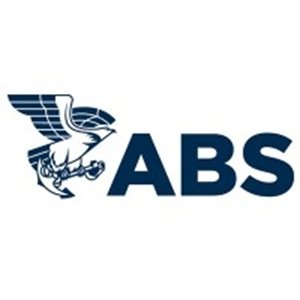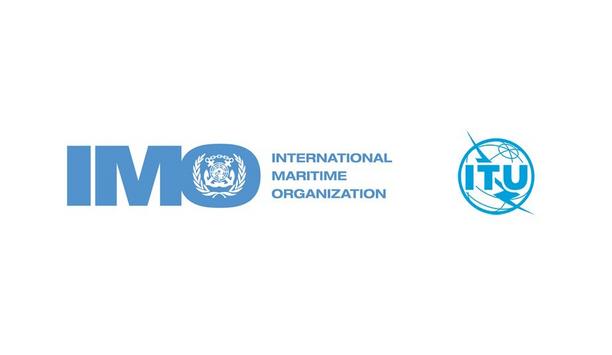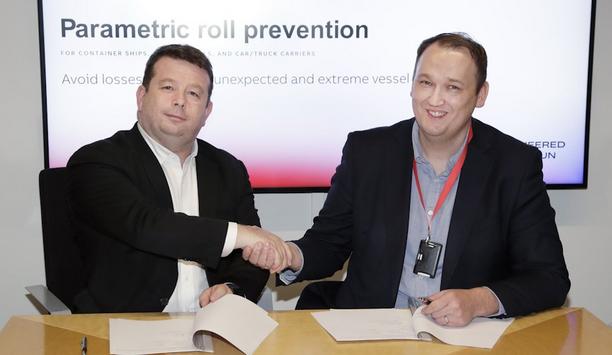ABS, in collaboration with pioneering players in the maritime industry, has joined an ambitious initiative from the Massachusetts Institute of Technology (MIT) to tackle challenges facing global shipping.
The MIT Maritime Consortium unites academia and industry to support the development of cutting-edge technologies that aim to transform the sector, including alternative fuel and new nuclear technologies, data-powered strategies for efficient operations and decision making, autonomy and cybersecurity, as well as on-board manufacturing of spare parts.
Innovation members
Innovation Members are Foresight-Group, Navios Maritime Partners, L.P., Singapore Maritime Institute
ABS, Capital Clean Energy Carriers Corp., and HD Korea Shipbuilding & Offshore Engineering are the Maritime Consortium’s Founding Members. Innovation Members are Foresight-Group, Navios Maritime Partners, L.P., Singapore Maritime Institute, and Dorian LPG.
“This consortium brings a powerful collection of significant companies that, together, has the potential to be a global shipping shaper in itself,” says Christopher J. Wiernicki, ABS Chairman and CEO.
Development of the novel technology
Wiernicki added: “The members are all world-class organisations and real difference makers. The ability to harness their experience and know-how, along with MIT’s technology reach creates real jet fuel to drive progress."
"As well as researching key barriers, bottlenecks and knowledge gaps in the emissions challenge, the consortium looks to enable development of the novel technology and policy innovation that will be key. Long term, the consortium hopes to provide the gravity we will need to bend the curve to reach emissions objectives.”
Key areas for commercial shipping
Collaborators will research new designs and methods that enhance efficiency and reduce emissions
“This is a timely collaboration with key stakeholders from the maritime industry with a very bold and interdisciplinary research agenda that will establish new technologies and evidence-based standards,” says Themis Sapsis, the William Koch Professor of Marine Technology and the director of MIT’s Centre for Ocean Engineering.
“It aims to bring the best from MIT in key areas for commercial shipping, such as nuclear technology for commercial settings, autonomous operation and AI methods, improved hydrodynamics and ship design, cybersecurity and manufacturing.”
Data analysis and computation techniques
The consortium will launch multiple research projects designed to tackle challenges from a variety of angles, all united by cutting-edge data analysis and computation techniques.
Collaborators will research new designs and methods that improve efficiency and reduce greenhouse gas emissions, explore the feasibility of alternative fuels, and advance data-driven decision making, manufacturing and materials, hydrodynamic performance, and cybersecurity.











